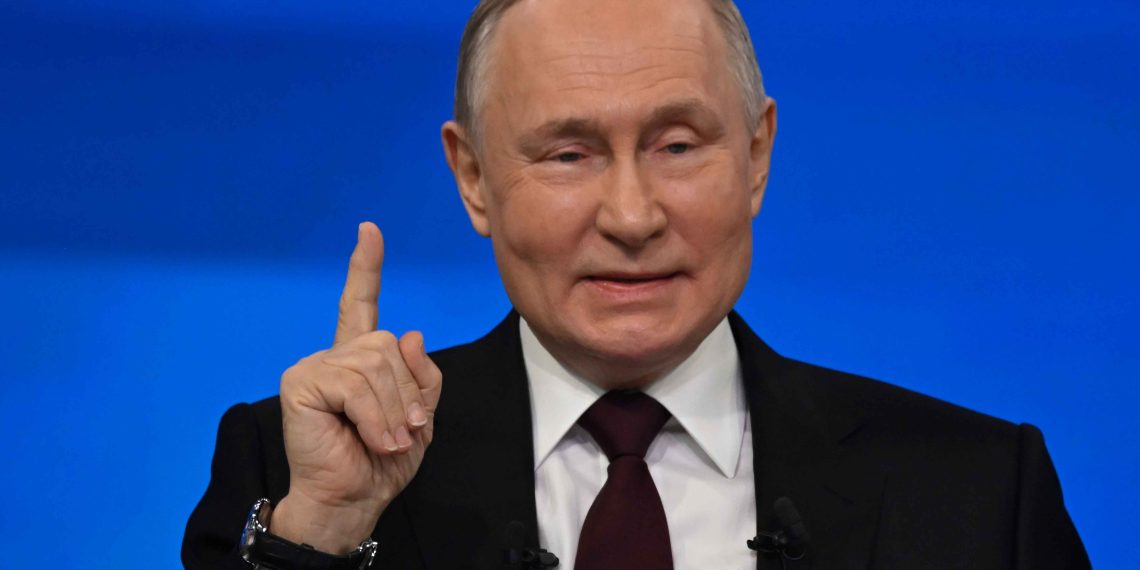As BRICS explores new avenues for growth and influence, Russia’s ambitious vision for this alliance of emerging economies reveals a well-structured three-pronged strategy. Moscow’s drive to expand the bloc transcends mere economic cooperation, representing a comprehensive plan to reshape the global order amid increasing Western isolation.
Economic Resilience Through BRICS Expansion
First and foremost, Russia views the expansion of BRICS as a crucial economic lifeline. Facing unprecedented Western sanctions, Moscow is actively transforming BRICS into an alternative economic ecosystem. The bloc, already representing over 40% of the global population and nearly a quarter of the world’s gross domestic product (GDP), offers Russia essential avenues for international trade and finance. The establishment of the BRICS New Development Bank, along with initiatives to develop alternative payment systems, equips Russia with vital tools to navigate Western financial restrictions. The potential inclusion of a strategically significant economy like Türkiye would enhance this economic shield, extending BRICS’ influence and creating a more resilient market largely insulated from Western pressure.
A Platform for Diplomatic Resurgence
Secondly, BRICS serves as a platform for Russia’s diplomatic resurgence. Moscow’s growing isolation from Western diplomatic circles has intensified its efforts to position BRICS as a legitimate alternative to Western-dominated international forums. By advocating for the inclusion of regional powers across the Global South, Russia aims to transform BRICS from an economic partnership into a more formal alliance capable of challenging existing Western-led governance structures. Although this ambition is aspirational, recent outcomes, such as the BRICS meeting where several world leaders advised against escalating the conflict in Ukraine, reveal the complexities of this endeavor. The Brazilian and Indian leaders’ calls for peace highlight a burgeoning international consensus on the need for de-escalation.
The potential inclusion of Türkiye represents an exciting opportunity from the Kremlin’s perspective. Strategically positioned at the crossroads of Europe, Asia, and the Middle East, Türkiye’s importance cannot be overstated. Its membership would enhance BRICS’ proximity to Europe while strengthening its influence in the Middle East. As a G-20 economy, Türkiye’s infrastructure projects, energy pipelines, and expanding industries would offer valuable economic opportunities for BRICS members. Additionally, Türkiye’s inclusion could extend BRICS’ influence over key energy corridors, further diminishing Western control over global energy markets.
However, Türkiye’s potential membership should not be misconstrued as an attempt by Ankara to shift alliances. The Turkish leadership has pursued diversification, engaging with multiple international organizations to fortify Ankara’s multi-vector foreign policy. Thus, its potential BRICS bid is a strategic maneuver rather than a challenge to its Western partnerships.
The Cornerstone of a Multipolar World Order
Finally, Russia envisions BRICS as a cornerstone of a new multipolar world order. The push for de-dollarization within BRICS represents a broader strategy to fundamentally alter the global financial system, challenging dollar hegemony and reducing the West’s ability to exert financial pressure globally. This vision seeks to create a new framework for international relations where power is more evenly distributed among regional centers of influence.
Challenges Ahead
Despite its strategic vision, Russia faces significant challenges. Other BRICS members, particularly China and India, maintain intricate relationships with the West that they are unlikely to jeopardize. Navigating these complex dynamics is crucial for Russia, especially since diverging interests within Eurasia could complicate efforts to unify the bloc. Expanding BRICS to include countries like Türkiye and Iran may exacerbate existing tensions, necessitating careful management to uphold the bloc’s unity.
The economic fundamentals of an expanded BRICS also present hurdles. The diverse economic structures and sometimes competing interests of member states could complicate the establishment of unified financial mechanisms or coordinated policies. The proposed BRICS currency, for instance, faces substantial technical and political challenges.
Russia’s strategic vision for BRICS has yielded important results, particularly as the bloc attracts major economies from the Global South, demonstrating its growing relevance as an alternative forum for international cooperation. For Türkiye, joining BRICS offers both opportunities and challenges: while it could unlock new economic avenues, it necessitates careful navigation of existing alliances, particularly with NATO. Even if Russia’s more ambitious goals for BRICS remain partially unrealized, an expanded bloc would provide Moscow with valuable diplomatic and economic alternatives in its ongoing confrontation with the West. Türkiye’s potential accession could further enhance its diplomatic leverage while offering crucial economic alternatives during periods of Western market volatility.
As the global order continues to evolve, Russia’s vision for an expanded BRICS deserves serious consideration. While the bloc may not fulfill all of Moscow’s ambitious goals, its growing influence suggests that the future of global governance will increasingly be shaped by emerging powers seeking their path to development and cooperation. The implications of BRICS’ expansion will resonate beyond its member states, reshaping the future of global governance in ways we are only beginning to comprehend.





















